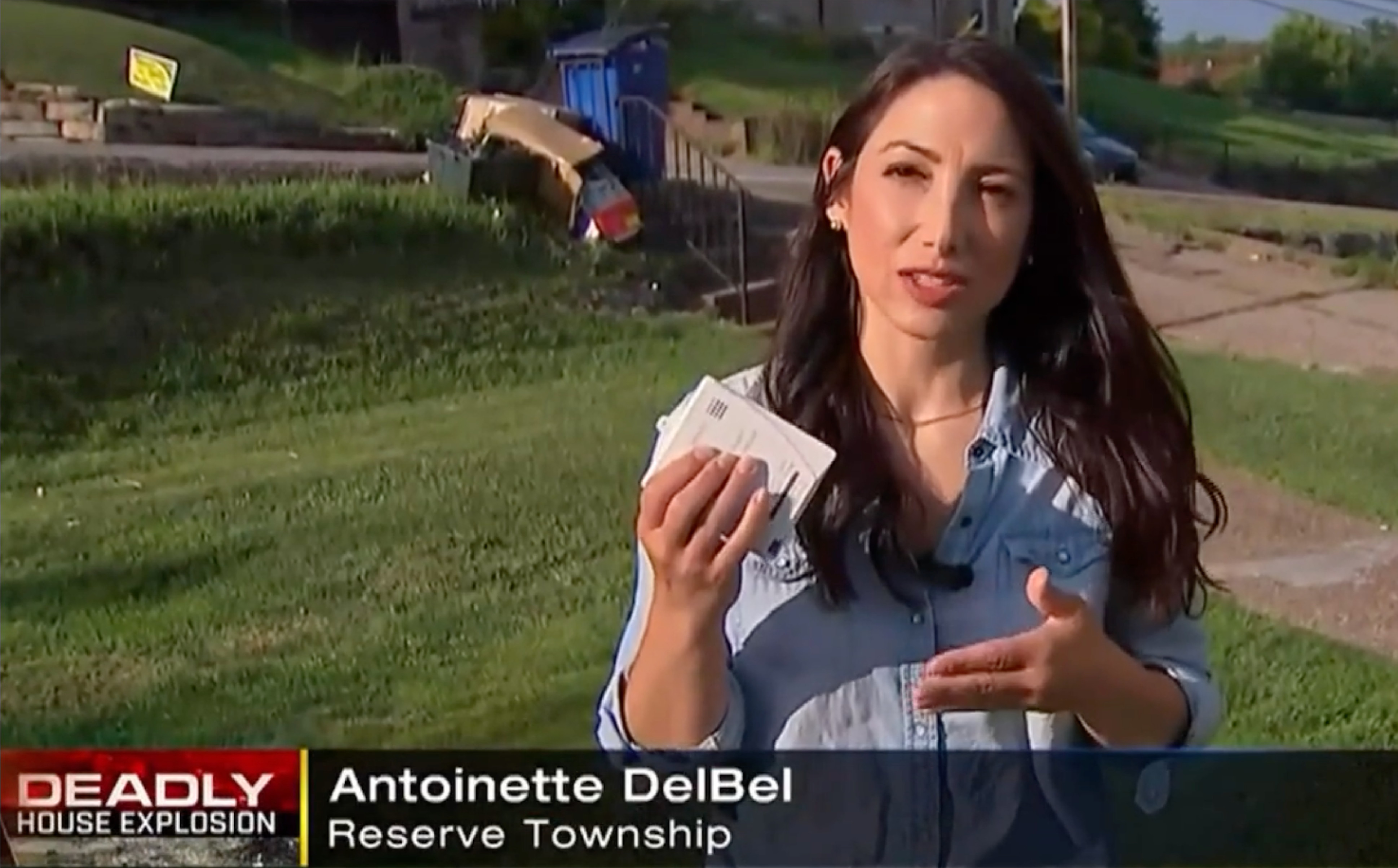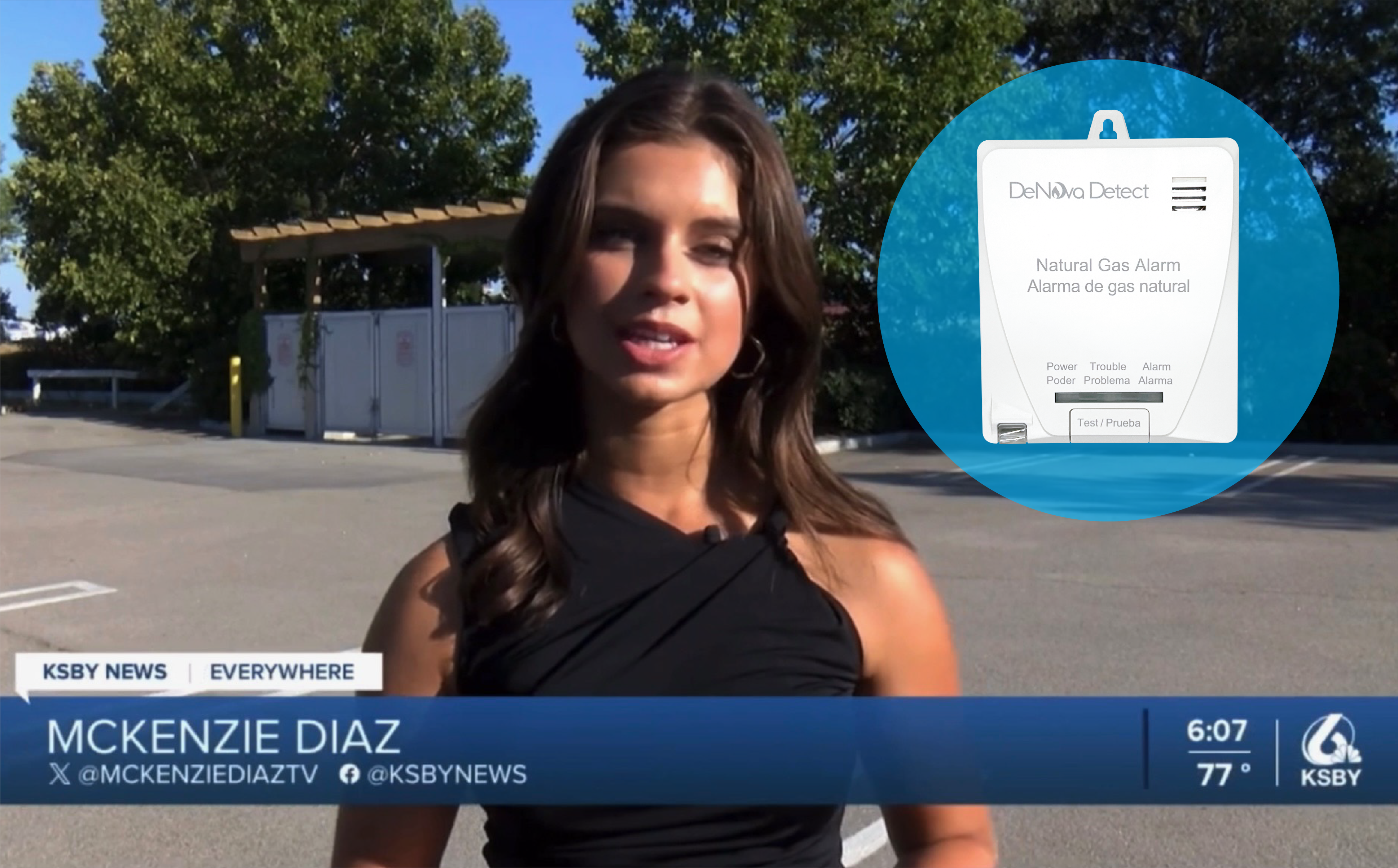TRIB LIVE: JUSTIN VELLUCCI | Wednesday, Aug. 23, 2023 5:01 a.m.
Residents of a Plum neighborhood where a house explosion killed six people might soon have natural gas alarms installed in their homes.
But these devices are not exclusive to Rustic Ridge. In the wake of explosions from eastern Pennsylvania to New York City and beyond, the use of natural gas alarms has become a common practice.
“Just like you have smoke and carbon monoxide detectors, there’s also an alarm for natural gas,” said Lee Gierczynski, spokesperson for Columbia Gas of Pennsylvania. “They could alert you to a potential problem.”
The state Department of Environmental Protection said Monday that it wants the alarms, which measure methane levels in the air, in each home in Rustic Ridge, where the Aug. 12 explosion destroyed three homes and damaged about a dozen others. It has yet to announce how it hopes to pay for or have the alarms installed.
People’s Gas, the utility providing gas to the Plum house that exploded, declined to comment for this story. The cause of the explosion remains under investigation.
Many natural gas alarms can be found with a simple online search.
DeNova Detect, which bills itself as manufacturing the world’s first natural gas alarm in Osaka, Japan, in 1964, sells online a natural gas alarm with a battery that lasts six years for about $100.
Amazon offers alternatives, too — some for as low as $21. But many of those models need to be plugged into an electrical outlet. Methane is lighter than air and often found near ceilings. Wall outlets are often closer to the ground.
“We have a proof point, we have a success story, and we’ve been battle-tested in the field,” DeNova Detect spokesperson Julie Harris told the Tribune-Review on Tuesday. “Consumers have these, and they’re feeling safer.”
Federal officials recorded 660 natural gas pipeline “serious incidents” from 2003 to 2022, killing 252 people and injuring 1,083, according to data from the U.S. Department of Transportation’s Pipeline and Hazardous Materials Safety Administration.
The American Gas Association says there are 2.5 million miles of natural gas pipeline in the United States.
On March 12, 2014, an explosion in New York City’s East Harlem leveled two apartment buildings, killed eight people, injured 70 and displaced about 100 families. Utility company Con Edison worked with DeNova Detect and installed more than 200,000 alarms in the area to date, with some 400,000 expected by 2025.
DeNova Detect, which opened a U.S. headquarters in Illinois in 2019, donated $25,000 worth of natural gas alarms to West Reading, Berks County, after a March 24 chocolate-factory explosion there killed seven people and injured 10.
Columbia Gas has partnered with the company for about a year, Gierczynski said.
Columbia Gas — which serves about 445,000 customers in 26 Pennsylvania counties, including parts of Allegheny, Westmoreland and Beaver counties — doesn’t produce or sell the alarms, Gierczynski said. But its customers get a discount if they buy through the designated company.
In the wake of the Plum explosion, the company also is offering a 30% discount to Pennsylvania residents, using checkout code “PA” at its online store.
On Jan. 1, 2022, Maine became the first state in the U.S. to require natural gas alarms in every home. Pennsylvania does not appear to have similar legislation in the works.
Harris said consumers should be wary of combination alarms, such as ones that measure both methane and propane. That’s because methane is best detected near the ceiling and propane — which is heavier than air — is best found closer to the ground.
Source: Trib Live





Leave a comment
This site is protected by hCaptcha and the hCaptcha Privacy Policy and Terms of Service apply.